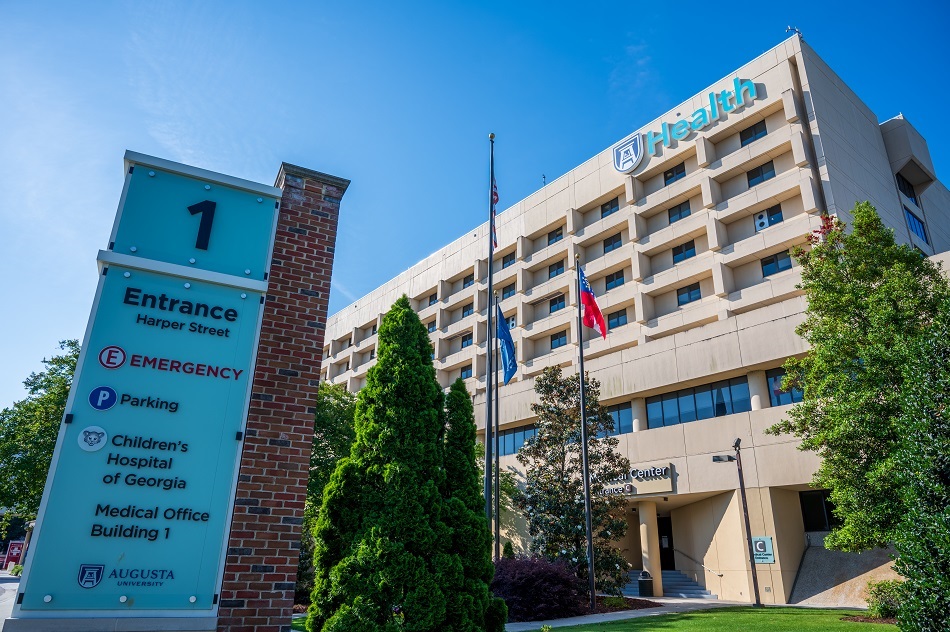Rotations
Wellstar-MCG Health

Through Wellstar MCG Health Adult and Pediatric Consultation Service, fellows will have the opportunity to develop skills to manage OUD and other SUDs in an acute setting. Fellows will work with multiple medical specialties including nurses, other trainees such as residents and medical students, and other hospital staff.
The Wellstar MCG Health rotation will also include training in an intensive outpatient program and Medication Assisted Treatment Patients will be mostly subacute with high risk of relapse, and have a level of treatment that does not require hospitalization but cannot be sufficiently addressed with ambulatory services. The IOP will afford fellows the opportunity to provide medication management, participate in leading 12-step groups, use motivational interviewing techniques, and learn psychosocial intervention.
Community Addiction
Training will be provided at Hope House and Augusta Transition Center. Hope House
is a residential treatment facility for women with SUD/OUD and their children. This
site will provide fellows with a deeper understanding of how to address substance
use needs of women, including pregnant, postpartum, and transgender women, through
pharmacological and psychosocial intervention. Augusta Transition Center is a Department
of Corrections facility designed to transition male offenders back into the community.
Fellows will assess and develop treatment plans with an interdisciplinary team to
address the unique needs of this population, including issues of stigma, roadblocks
to successful reentry, and alternatives to improve quality of life and relapse prevention.
VAMC
Fellows will be embedded within the Substance Use Recovery Center (SURC). They will interact with the Psychologists and other health care providers who deal with addiction issues. The Addiction Medicine Program Director, Dr. Bedder, also heads up the Multidisciplinary Pain Center and Fellows will rotate through this rotation which also encompasses the largest Spinal Cord Injury Unit in the VA system. Our goal is to realize a team-based, multi-tool, patient-empowered treatment plan that strives for the most successful outcomes.